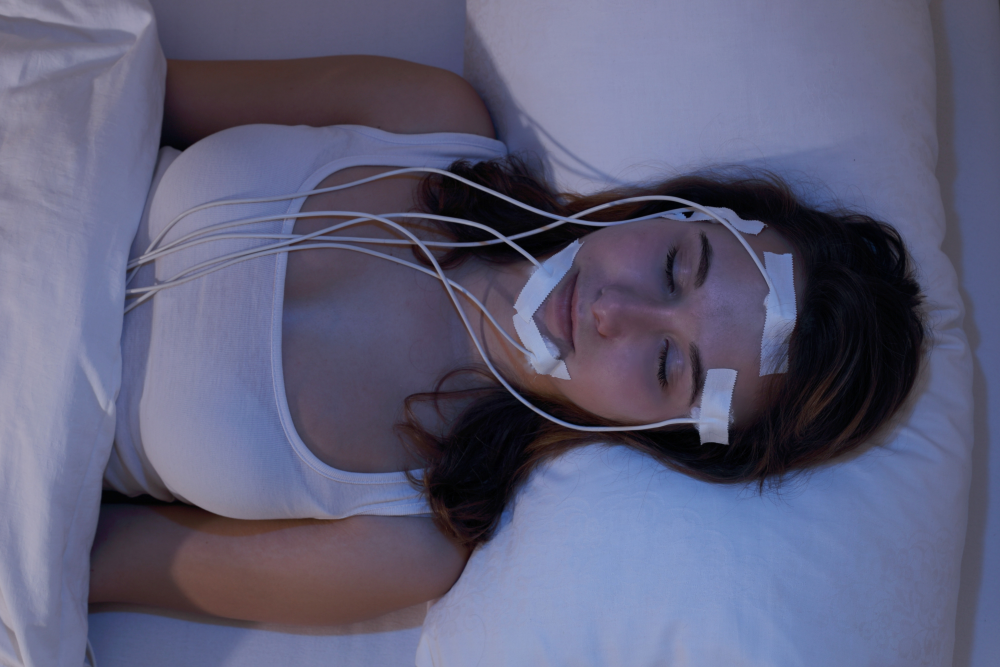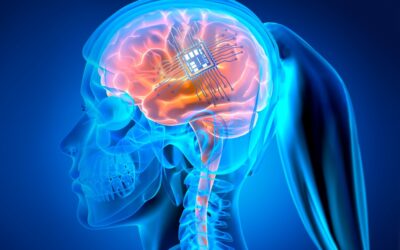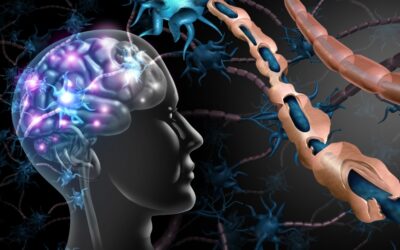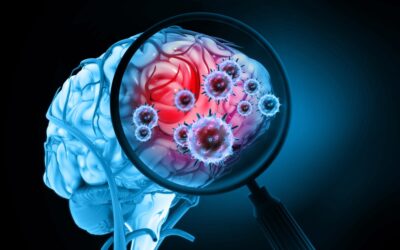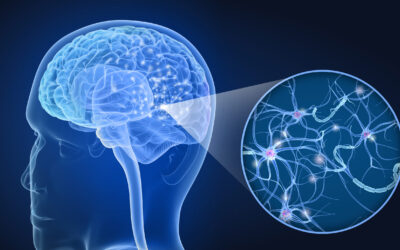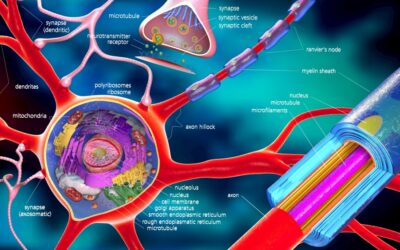Sleep is an essential part of our daily routine. Quality sleep might also be a critical factor in maintaining good health. However, many people suffer from sleep disorders that can lead to serious health problems. A sleep study is a diagnostic test that can help identify the cause of sleep disorders and prevent the development of diseases.
What is a sleep study?
A sleep study, also known as a polysomnography, is a non-invasive test that measures various physiological parameters during sleep. The test is usually conducted in a sleep laboratory, where you spend the night hooked up to various sensors that monitor brain waves, heart rate, breathing, and other vital signs.
During the test, you are observed by a sleep technician who records any abnormal behavior or movements. The data collected during the study is then analyzed by a sleep specialist who can diagnose any sleep disorders and recommend appropriate treatment.
Why are sleep studies important?
Sleep studies are important for disease prevention because they can identify underlying health problems that may be causing sleep disturbances. For example, sleep apnea is a common sleep disorder that is characterized by pauses in breathing during sleep. This condition can lead to high blood pressure, heart disease, and stroke if left untreated.
Other sleep disorders, such as insomnia and restless leg syndrome, can also have negative effects on health and quality of life. By identifying these conditions early on, patients can receive appropriate treatment and prevent the development of more serious health problems.
In addition to diagnosing sleep disorders, sleep studies can also help identify lifestyle factors that may be contributing to poor sleep quality. For example, excessive caffeine intake, alcohol consumption, and smoking can all disrupt sleep and lead to health problems.
Overall, sleep studies are an important tool for disease prevention and can help individuals maintain good health and quality of life. If you are experiencing sleep disturbances or have concerns about your sleep quality, talk to your healthcare provider about the possibility of undergoing a sleep study.
Other articles you might like:
Simple versus Complex Carbohydrates
Carbohydrates are one of the three macronutrients that make up the foundation of our diet, along with protein and fat. They are found in a wide variety of foods, from fruits and vegetables to bread and pasta. Despite their importance in our diet, carbohydrates have...
Brain Health and Recovery: Food IS Medicine
Brain Health and Recovery: Food IS Medicine Food can be an excellent tool to enhance brain health and recovery. However, if you thought the brain was a complicated system to understand, the data on nutrition is far more complicated. So, spoiler, there is no “perfect...
BDNF And Stroke Recovery
Stroke can cause long lasting disability due to nerve cell (neurons) death greatly impacting someone’s overall quality of life. The neuron death can cause problems with mobility, balance, sensation, speech, vision, cognition (thinking), comprehension (understanding),...
Brain Derived Neurotrophic Factor (BDNF) and Brain Health
Brain-derived neurotrophic factor (BDNF) is a protein that aids in cell function and promotes the growth of new nerve cells (neurogenesis). Studies have shown that BDNF plays a critical role in neuroplasticity (the brains ability to build new nerve connections) and...
Neuroinflammation: Implications in Brain Health and Disease
Neuroinflammation is a broad term that is characterized by an immune response in the central nervous system (CNS) - the brain and spinal cord. This abnormal immune response is initiated by cues including infection, bacteria, brain injury, toxins and autoimmunity. ...
Mitochondrial Dysfunction in Multiple Sclerosis
Multiple sclerosis, also known as encephalomyelitis disseminata is a neurodegenerative disease characterized by damage to the white matter in the brain and spinal cord (central nervous system. The mitochondria are implicated in MS disease progression. With that said,...
Mitochondria: Key to Brain Health
Within every cell of the human body is a pool of structures called mitochondria, often referred to as the “powerhouse” of the cell (generating 90% of the body’s energy). In recent years mitochondria have been credited for brain health and optimal performance. On the...
Exercises to Lift a Stiff/Heavy Leg
https://youtu.be/4Op-qbT4yjo Following a neurologic injury, some people experience a leg that feels stiff, heavy, or both. This can make walking difficult. In this video, you will learn the best exercise routine to relearn how to lift the leg more efficiently and...
Dysphagia after stroke
Dysphagia After A Stroke Over 50% of patients are affected by dysphagia after stroke. It is typically characterized by the inability to swallow liquids or foods and can lead to choking. Patients usually tend to recover from post-stroke dysphagia within the first week...
How Old Is Too Old?
You are never too old to set another goal or to dream a new dream. -C.S. Lewis How old is “too old”? I am often curious about this question. Especially when I hear statements like “I am too old to change”, “this is the way I have always been”, “maybe when I was...

